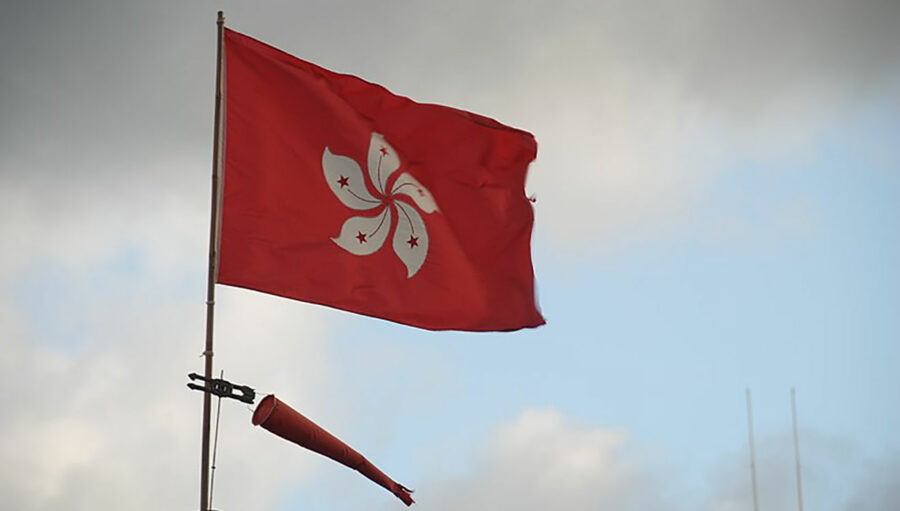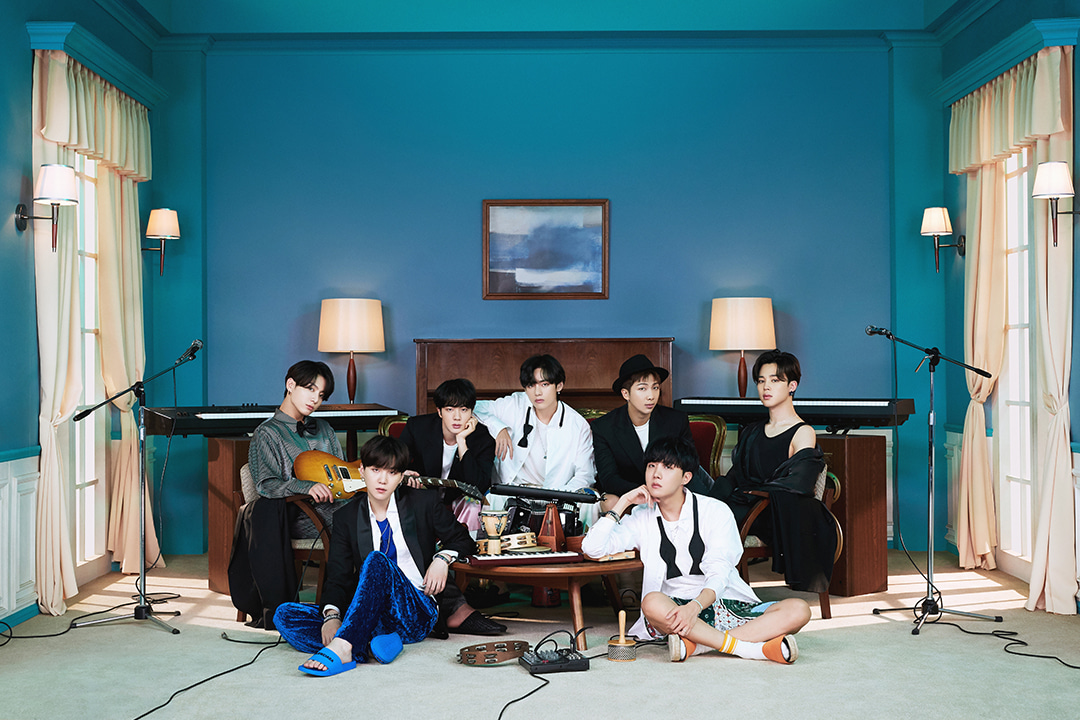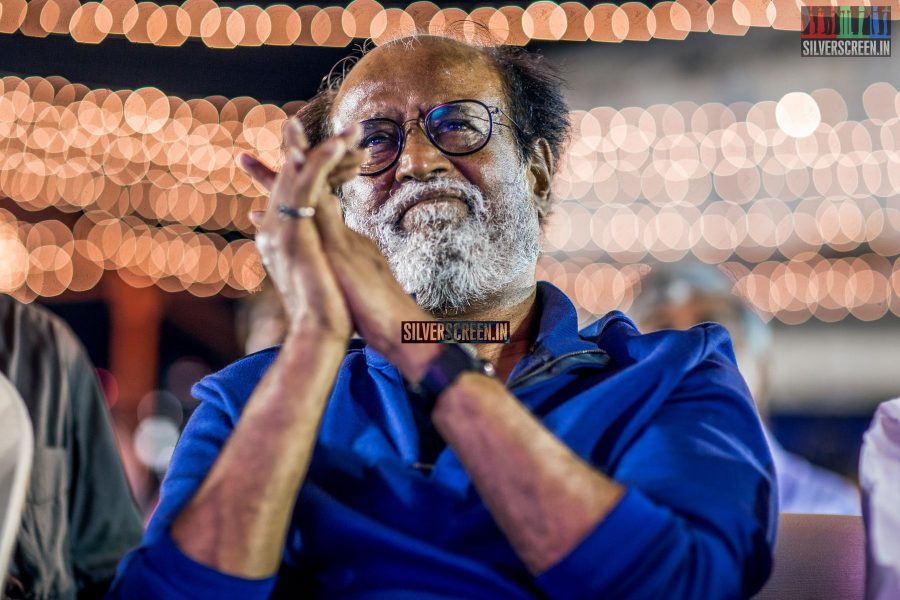Hong Kong’s Legislative Council passed a new film censorship law, on Wednesday, to “safeguard national security,” according to a Reuters report. It is aimed at content deemed to “endorse, support, glorify, encourage and incite activities that might endanger national security.”
The new law, amendments to which were first introduced in June, and later in August, enables Hong Kong’s chief secretary to retroactively ban films that were previously approved. Punishment for the screening or exhibition of unauthorised films include three years in prison, up from two earlier, and a fine of HK$1 million, up from HK$200,000.
Dr Kwok-kwan Kenny Ng, Associate Professor at the Academy of Film at Hong Kong Baptist University, one of whose areas of research is film censorship, tells Silverscreen India that the clause initially said films “that endangered national security” should be prohibited, but the amendments in August changed it to “contrary to the interests of national security.”
The new law also grants powers to the Film Censorship Authority to enter and search any premises without a warrant to prevent the unauthorised screening of films.
It further rules out the usual appeal process through the Board of Review (Film Censorship) against any decisions made by censors on the grounds of national security. Filmmakers must now appeal to the courts for a judicial review instead.
The move comes in the backdrop of the civil disobedience movement that broke out in Hong Kong in 2019, and led to the passage of the national security law in June 2020 amidst the Covid-19 pandemic. While the new law curbed the freedom of citizens in several ways, the entertainment sector remained largely untouched until early 2021, when a documentary screening of a student protest was cancelled in March on the grounds that it “blatantly spread messages of police-hating, anti-society and even subversion.”
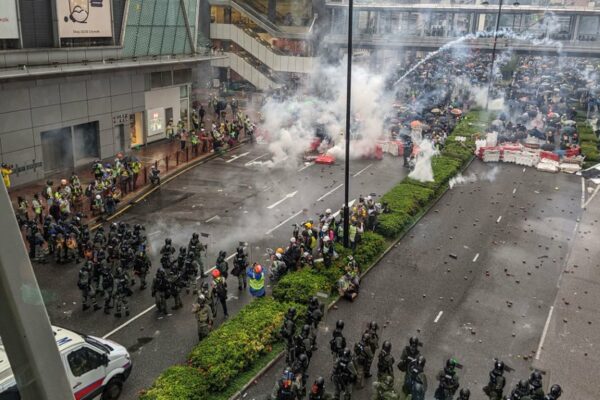
Since then, filmmakers – as well as those in other artistic fields – have been subject to more intense scrutiny. Meanwhile, most opposition politicians and activists have been jailed, either under the new law or for other alleged crimes, while several others have exiled themselves.
Filmmaker and journalist Mok Kwan-Ling was ordered by the censor board to make 14 cuts to her 27-minute short film, Far From Home. The board also demanded that the film be renamed and carry a warning that it showed criminal offences.
The film, which was shortlisted for the 15th Fresh Wave International Short Film Festival, tells the story of a young woman meeting her boyfriend’s parents after he is arrested for taking part in the protests. The boyfriend’s mother is opposed to the movement, his father is sympathetic.
“I thought the story was rather balanced by presenting voices of the two sides. It turned out that one particular side is not allowed to be heard,” the filmmaker told AFP.
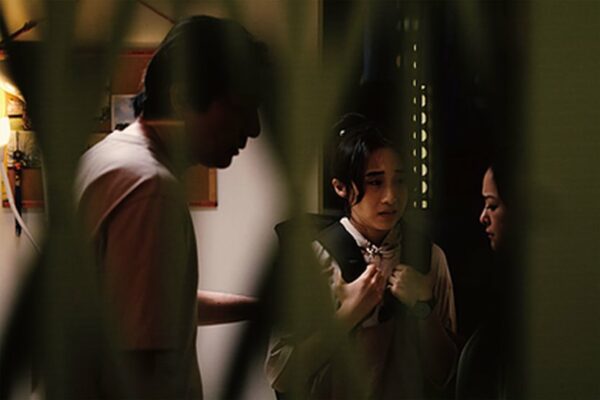
Authorities, however, say their actions do not amount to a “crackdown” and claim that the rights and freedoms promised to Hong Kong upon its return to Chinese rule in 1997 remain intact. National security though is a “red line” in this regard.
Kenny Ng tells us that the move will impact Hong Kong’s film industry on two levels. “In the short term, there will some very obvious impact, but it may take time for the industry to figure out the red line, and see if it’s really as strict as it seems,” he says.
Recommended
“The first impact is on documentary films. In the past few years, we underwent a series of social unrest and related movements. Documentation of these kinds of social events would be considered harmful to national security and would probably be prohibited under the amended censorship law. The second impact will be on commercial films. While these are mostly for entertainment purpose, many of them will be critical of some sort of social issues and will thus be subject to crackdowns,” he adds.
Jevons Au, one of the directors on the dystopian anthology film Ten Years, that is based on what Hong Kong would look like under the rule of the Chinese mainland, admitted to running away to Canada due to the national security law earlier this year.
“It would be too difficult to make movies and speak in Hong Kong. There will be no freedom of speech at all,” he said.
